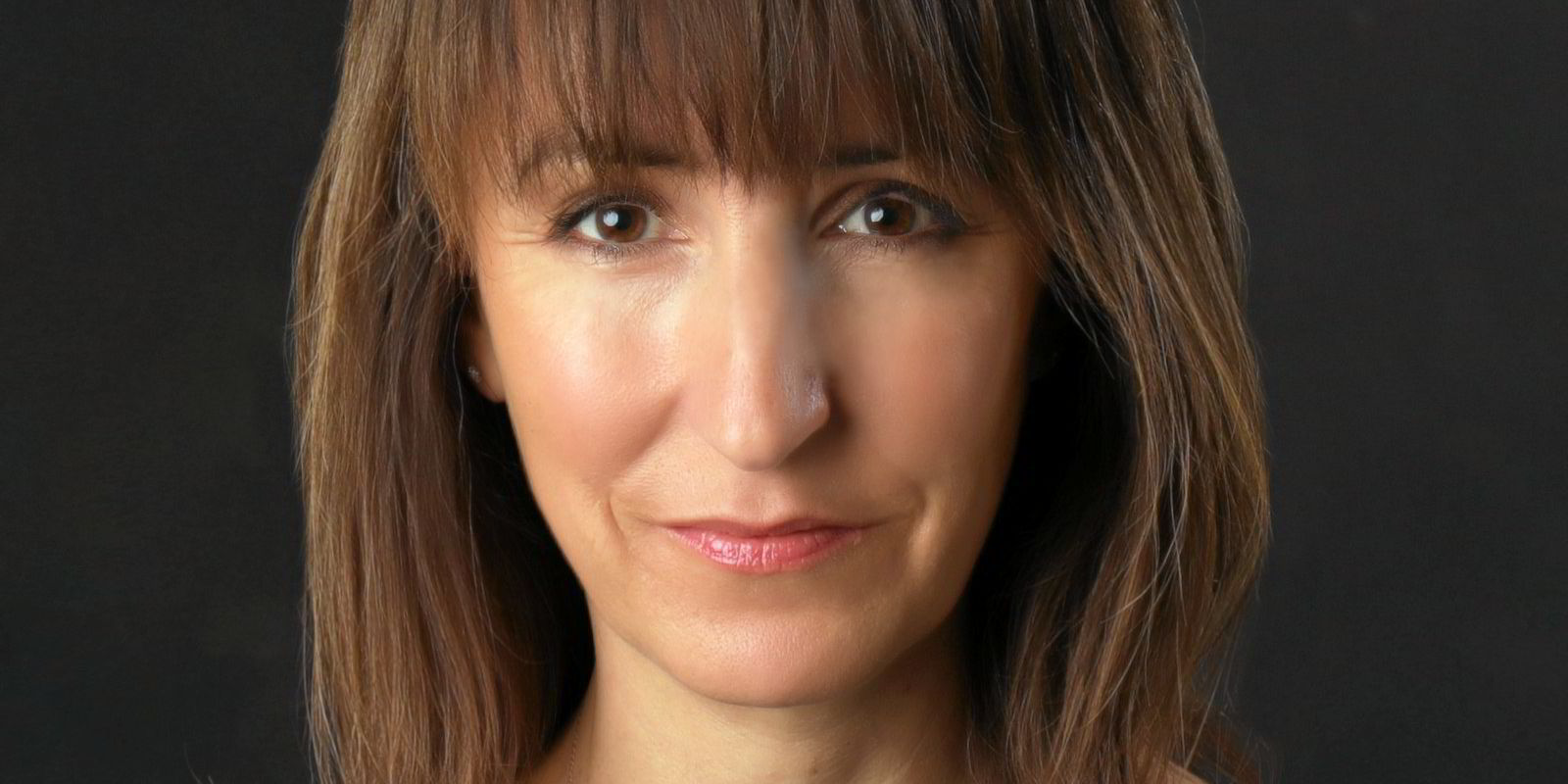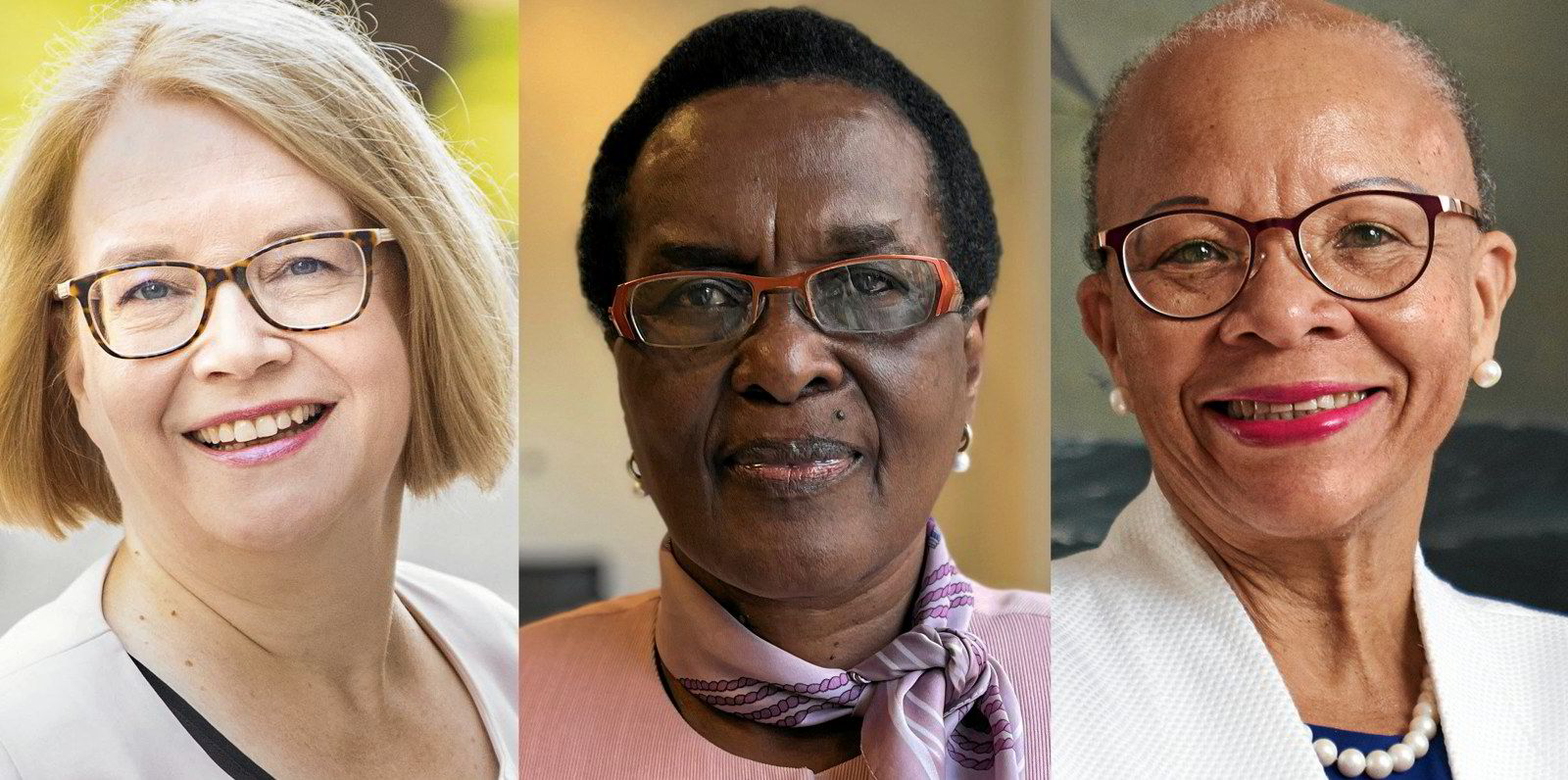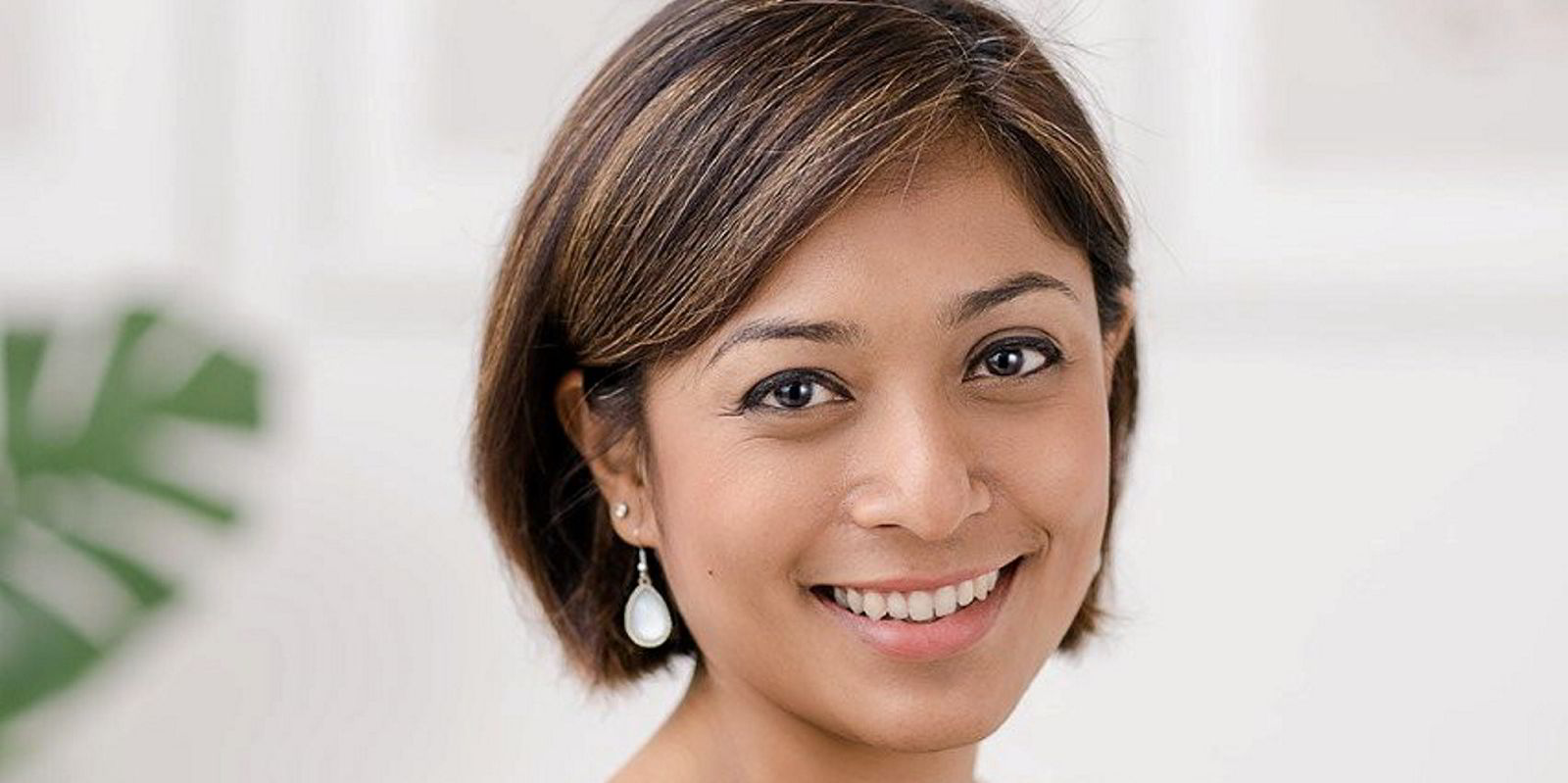Promoting the recruitment and retention of women in shipping is the aim of the “mobilising networks for gender equality” theme for the International Maritime Organization’s Day for Women on 18 May.
Progress in employing women, and other under-represented groups, in more senior roles is being made in the shoreside part of the industry, according to Heidi Heseltine, chief executive of Halcyon Recruitment and founder of the Diversity Study Group (DSG).
Set up in 2018 as the first organisation dedicated to diversity, equity and inclusion in the maritime workplace, DSG’s members have shown a marked improvement in female representation among heads of department, rising from 12.3% in 2021 to 23.8% last year as women make their way in the industry.
Women at senior levels and in technical roles are still lacking, though, in part due to the conservative nature of shipping and the very low numbers of women working as seafarers and moving through to the posts.
But Heseltine sees a holistic approach to employment practices making a difference.
Greater satisfaction
“When we are talking about female representation, and almost any work when it comes to diversity, it is about creating something that, generally speaking, makes improvements for everybody,” she told TradeWinds, citing increased parental leave that not only applies to women coming back from maternity leave but male employees too.
Companies need to be convinced that spending the time, effort and money implementing family-friendly working policies that are attractive to under-represented groups is worthwhile for them.
Heseltine admits it is difficult to present hard evidence of that being the case as fully diverse companies from bottom to top levels do not yet exist to compare with traditional white-male dominated structures.
But she said it is clear from DSG data that job satisfaction levels are higher and rising in companies that do make the effort. She added that safety statistics should improve if people are comfortable about speaking up in the workplace.
And shipping will need to fish from a wider pool of talent if it is to attract the skills it needs to deal with the technological challenges of the future.
Members of the DSG listed in its annual review for 2022 include AET, Ardmore, Bernhard Schulte Shipmanagement, BW Group, Cargill Ocean Transportation, CBS Alumni, Dorian LPG, G2 Ocean, GasLog, Hafnia, Lloyd’s Register, MOL (Europe Africa), RightShip, Seably and Teekay.
Heseltine sees a major weakness in the lack of a centralised body that can represent the potential for careers across the whole industry, to introduce and attract young people earlier in their educational progress.
She said: “Not just the IMO, but the industry as a whole needs to convey what it does much earlier in the process to put it on the radar of young people as they are growing up and considering what to do.
“We have to get better at communicating the breadth of roles in the industry, because it’s perceived as an uninteresting, dirty and technical sector — and it really isn’t. It’s a vibrant sector with so many opportunities.”
In the absence of something like a global institute of shipping, Heseltine said companies looking to find more diverse candidates have to recruit proactively outside of the industry and put effort into targeting the skills and backgrounds needed, as well as developing cultural change to invest in people within their organisations.
From a DSG perspective, she said: “We can see a pipeline of talent, but it does not exist across all departments.
“You have got to look at this at a slightly more granular level to ascertain where your pipeline sits. Is it coming from all the areas you need it to, and if it isn’t how can you address that working with the people you already have as well as bringing in new people?” she said when asked about gender and ethnic elements.
Stressing that the Covid-19 pandemic showed how much people are companies’ assets, she summed up: “That’s what we have to protect and develop.
“As much as that might sound a bit cliched, and while we are talking about this through a gender lens, it is for everybody and it’s for the good of the sector.
“It’s not a fluffy side of desk nice-to-have; it’s critical.”






